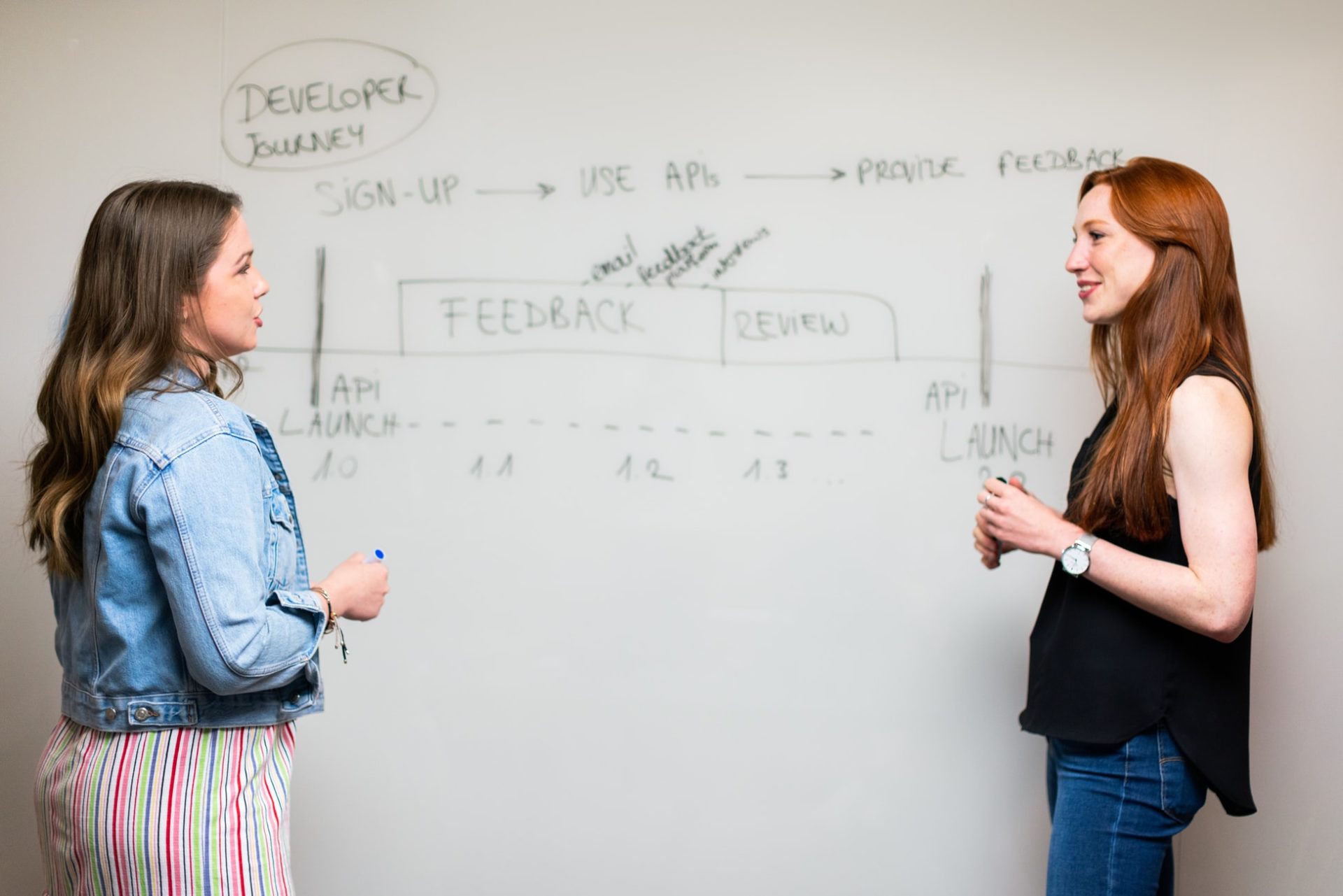Last updated on 2020/10/01
After recently stumbling upon a commencement speech by none other than Arnold Schwarzenegger, I started thinking about mentors and the people that have helped me in my professional journey.
The speech that I am referring to is one where the man, the myth, the legend himself, Arnold “The Terminator” Schwarzenegger calls out that there is no such thing as a self-made man or woman. The relevant parts of the speech are captured in this edited video:
This got me to thinking. The statement does apply to all of us, no matter what profession we are in. It is double so for Engineers and Developers.
If you are ready to argue this point – please step back and listen. Even if you have never set foot in a classroom that teaches code, application development, or logical constructs, you have not learned in a vacuum.
We all learn from others. It is not possible to be a successful and productive Engineer without some level of education in the areas from other people. This does not need to be formalized higher learning. I challenge you to find one single Engineer that has never been to StackOverflow or other similar site to help resolve a tricky problem.
We be definition and nature are an iterative species. We stand on the backs of those who came before us and work to build the solutions and technology ever upward and higher.
With that being said, Engineers have a duty and responsibility not only to solve the problems put in front of us, but to also pass along our knowledge to others so that they may carry on this important work.
I am talking about mentoring others.
Some of my most profound and illuminating learning has come not from a book, a classroom, or the internet. It came from a few square feet of window with a dry erase marker in a cramped little cube with one or two wiser and more knowledgeable co-workers.
This erasable surface where we talked concepts, classes, and workflows. We wrote haiku. We had a good time. We dreamed and we built. This was the study hall that allowed me to grow and become the Engineer that I am today.
There is no substitution for on the job learning and mentoring.
This message is for everyone in this space. You are either teaching or you are learning. Otherwise you are stagnant and this is not the right role for you. Technology will not wait for you. In the time it has taken me to write this many words some amazing and talented Engineering team has already created the next marvel that we will all be using in a few months.
So where do you find yourself?

The Stagnant Engineer
Are you stuck in your cubicle or office on a roadblock that has been impossible to solve for days or weeks? One where you just know that you should be able to make it work if you just keep plugging away?
What teammates have you asked for help? What have you learned from this experience?
Sure – you have learned something. You have learned the 1,264 ways how NOT to solve this problem. You have learned how to search better on google to try and find answers. You have learned how to more efficiently re-factor your own code now that you have completed that effort 8 different times looking for a way around this problem.
The problem with being in this state is that you are isolated and silo’d. You are not learning from others. You are not out communicating with your teammates.
To get out of this rut you need to get out, move around and interact. Maybe there is someone out there that can help you through this. Maybe you can help someone else out on their problem that will give you an idea to break through this block on your own.
Try going out and tackling one of the other two roles and see if that helps. It definitely won’t hurt things.

The Engineering Mentor
The first rule of being an Engineering Mentor is that you do not need to have all the answers.
The second rule of being an Engineering Mentor is that you will never be able to answer all of the questions.
The third rule of being an Engineering Mentor is to shut up and listen.
Those three rules can allow anyone to be a mentor for anyone else. It does not matter if you have the term “Senior”, “Junior”, other other in front of your job title.
Anyone can be a mentor. The best mentors inherently understand that while the person coming to them is trying to solve a problem or understand something, they are not there to have the answer handed to them on a silver platter.
The best mentors listen and help the mentee reach a solution instead of taking over and telling them how to do it.
Stepping through the three rules for being a mentor, the first is all about not having all of the answers. Having the immediate answer does not make you a better mentor than someone else. Sometimes the person needing help just needs a sounding board to hear their own thoughts out loud and receive some verbal support to find an answer. Other times some simple collaboration on a complex flow or piece of logic is all that is needed.
The second rule states that a good mentor will never be able to answer all of the questions. That is because in the most productive discussions, the topic of conversation will wander all over the place to problems and material that is completely irrelevant to the initial issue. Some of my favorite discussions started with a programming problem and ended up writing workplace haiku on the whiteboard for fun. Remember:
haiku is feelings
some answers, more about life
just like mentoring
The final rule, while being the simplest, can also be the hardest to master. No person can be a good mentor without being a good listener.
Remember, if you are simply responding to a question for “how do I do this thing?” then you are not mentoring, you are simply answering a question.

The Engineering Pupil
While we all have opportunities to mentor others, the best people also realize that being a mentee is just as important.
There is always more to learn.
It doesn’t matter if you have some puffed up “Senior Blah-Blah” title, there is something new and interesting that you can learn from even the most junior person on the team.
In my experience, the best mentors shut up and listen while I described and worked through problems on my own. A simple silent human sitting there listening as I worked out a problem verbally and on a whiteboard was all that was needed to break through some significant roadblocks.
Therefore, instead of having a mentality of having “been there, done that” with nothing left to learn, the best Engineers embrace the chance to be a pupil and to learn something new.
Go ahead. Try it. See what interesting and new things you will come across when asking questions instead of answering them.
The most amazing mentorship sessions are not one where knowledge flows in one direction. They start with a single question or problem, and end up as a mutual discussion and growth opportunity for both people.
This can also lead to some deep, dark, and totally fun rabbit holes. Sure, the initial problem may be in regards to writing a doubly linked list traversal but the solution may come when both people are figuring out the total wattage needed by the Death Star to blow up a planet.
Remember, the solution you achieve in this interaction may not necessarily be the solution to the original problem that was asked – but hopefully that was included along the way.
In conclusion, we all have an opportunity to learn and grow from others every single day. Don’t be afraid to ask questions and to lean on the knowledge and experience of others. Additionally, sharing your own knowledge and experience can help to make you a better Engineer.
Therefore, a fourth rule needs to be added, so remember these four things in your daily work and see how powerful they can be to help you achieve greatness:
Rule 0: When faced with a roadblock or difficult question, ask others for help.
Rule 1: When helping someone else with a problem, you do not need to have all the answers.
Rule 2: You will never be able to answer all of the questions.
Rule 3: Shut up and listen.
Thanks for reading!


Comments are closed, but trackbacks and pingbacks are open.